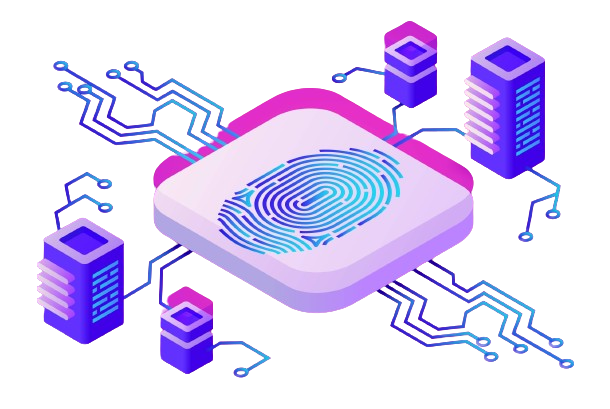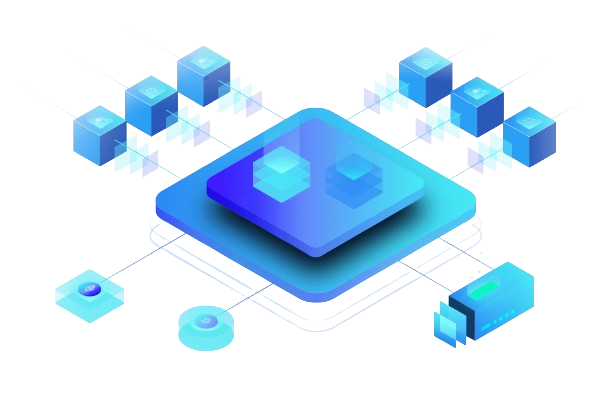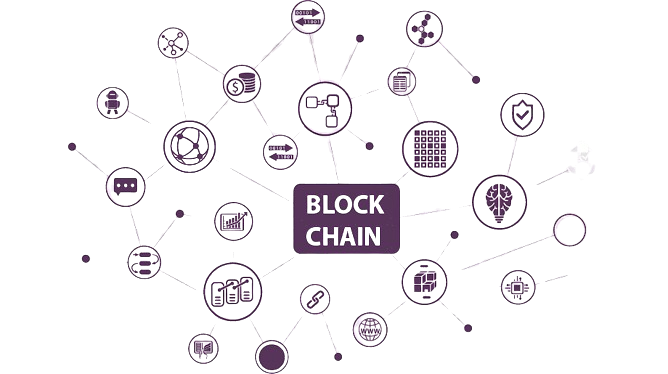What Is Blockchain and How Does It Work?

Unlike traditional centralized systems, where a single entity controls the data, blockchain Work operates on a distributed network, ensuring transparency, security, and immutability.
How Does Blockchain Work?
At its essence, blockchain consists of a chain of blocks, each containing a list of transactions. These blocks are linked together using cryptographic hashes, forming a continuous and tamper-proof ledger. Whenever a new transaction occurs, it is verified by network participants and added to a new block. This block is then appended to the existing chain, creating a chronological record of transactions.
Decentralization is a fundamental principle of blockchain technology. Instead of relying on a central authority, such as a bank or government, to validate transactions, blockchain utilizes a consensus mechanism. This mechanism ensures that all network participants agree on the validity of transactions, thereby eliminating the need for intermediaries and reducing the risk of fraud or manipulation.
Key Components of Blockchain

Three key components form the foundation of blockchain technology: blocks, hashes, and cryptography. Blocks are containers that store transaction data, along with a timestamp and a unique identifier. Each block is linked to the previous one through a cryptographic hash, which is a fixed-length string generated by a mathematical algorithm. This hash ensures the integrity of the data and prevents tampering or unauthorized modifications. Additionally, blockchain employs advanced cryptographic techniques to secure transactions and maintain the privacy of sensitive information.
Types of Blockchains
Public blockchains are open networks where anyone can participate and access the ledger. Examples include Bitcoin and Ethereum. Private blockchains, on the other hand, are restricted to a specific group of participants, such as companies or organizations. They offer greater control over access and permissions but sacrifice decentralization. Consortium blockchains are semi-decentralized networks managed by a group of trusted entities, making them ideal for collaborative projects.
Blockchain Applications

It can be used for supply chain management, ensuring transparency and traceability throughout the entire process. Blockchain-based voting systems offer enhanced security and integrity, reducing the risk of work fraud or tampering. Moreover, blockchain enables peer-to-peer transactions without the need for intermediaries, revolutionizing industries such as finance, healthcare, and real estate.
Advantages of Blockchain Technology
The decentralized nature of blockchain makes it resistant to hacking and fraud, as there is no single point of failure. Additionally, blockchain offers transparency, allowing users to verify transactions and track the movement of assets in real-time. Furthermore, blockchain enhances efficiency by automating processes and reducing paperwork, resulting in cost savings and improved productivity.
Challenges and Limitations

Despite its numerous benefits, blockchain technology faces several challenges, including scalability, energy consumption, and regulatory concerns. As the number of transactions increases, the scalability of blockchain networks becomes a major issue, leading to delays and congestion. Moreover, the energy-intensive process of mining cryptocurrencies has raised concerns about environmental sustainability. Additionally, regulatory uncertainty and compliance issues pose significant barriers to the widespread adoption of blockchain technology.
Future of Blockchain
Despite these challenges, the future of blockchain looks promising, with ongoing research and development efforts focused on addressing its limitations. Emerging trends such as blockchain interoperability, scalability solutions, and decentralized finance (DeFi) are poised to unlock new opportunities and drive innovation across various industries. As blockchain continues to evolve, its potential to revolutionize the way we transact, communicate, and interact with digital assets will become increasingly apparent.
